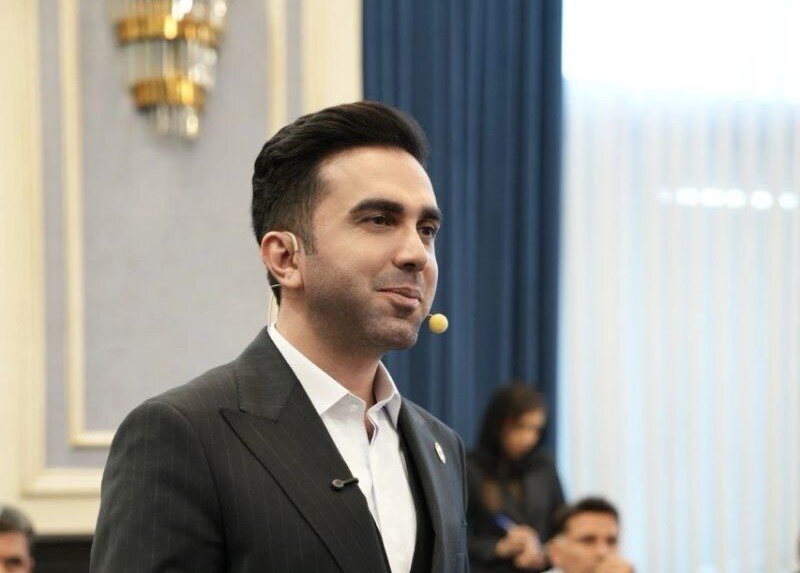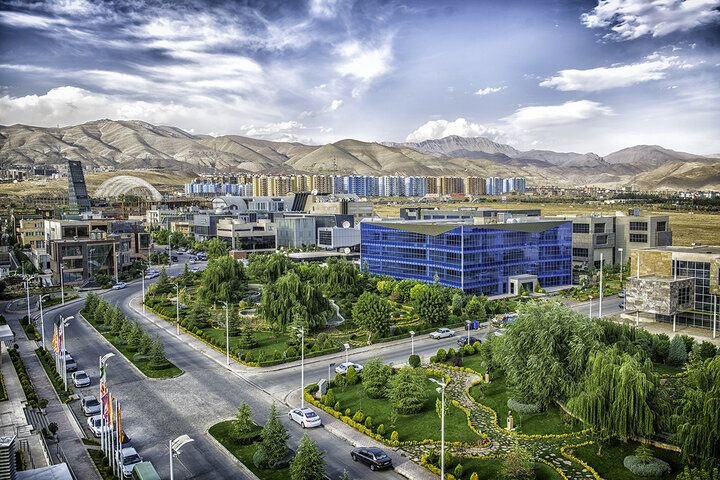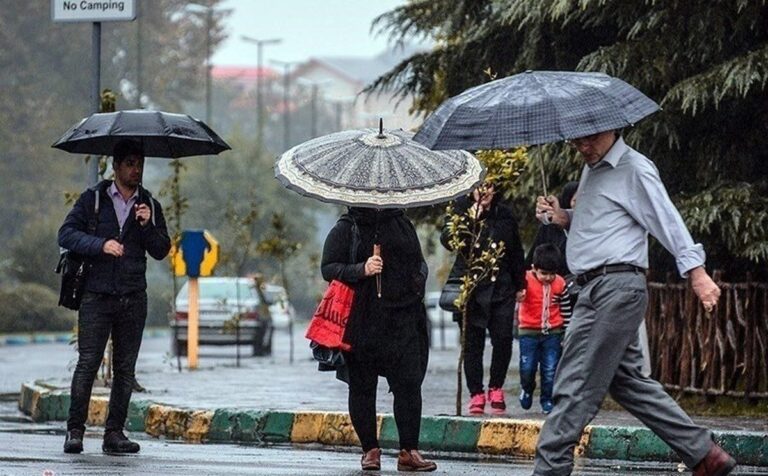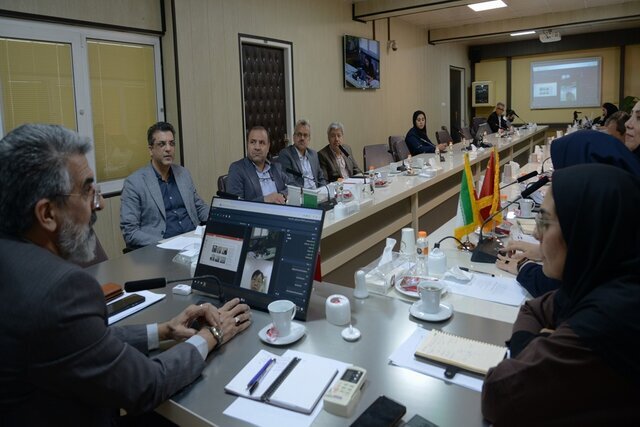
Similar Posts

St. Petersburg University Expands Global Reach with New Branch Opening in Tehran
St. Petersburg State University will open a new branch in the International Innovation Zone near Tehran, enhancing educational collaboration between Iran and Russia. A memorandum of understanding was signed by representatives from Pardis Technology Park, Iran University of Science and Technology, and St. Petersburg University, part of Iran’s initiative to establish foreign university branches. This partnership aims to foster long-term relationships, with a communication secretariat to facilitate collaboration and promote scientific cooperation. The new branch will provide educational opportunities for Iranian and regional students, marking a significant step in higher education and technological advancement in the region.

Iran’s Technology and Innovation Ranking: UNCTAD Places Nation at 72nd Spot
The UNCTAD’s Technology and Innovation Report 2025 reveals that Iran has advanced to 72nd among 166 nations, gaining one spot since 2022. The report emphasizes the importance of inclusive AI development, highlighting three key areas: infrastructure, data, and skills. Iran excels in research and development, ranking 35th globally, but faced declines in skills and ICT sub-indices. The Global Innovation Index (GII) 2024 shows improvements in knowledge output, business sophistication, and market sophistication, while overall ranking fell from 62nd to 64th. Iran remains second in Central and Southern Asia, indicating notable progress amid fluctuating rankings in innovation capabilities.

Iran Set to Launch Groundbreaking Anti-Cancer Vaccine This Summer
Iran’s National Institute of Genetic Engineering and Biotechnology (NIGEB) has developed an innovative anti-cancer vaccine set to launch this summer, aiming to prevent all cancer types. Alongside this, NIGEB has introduced two critical healthcare products: intravenous immunoglobulins (IVIg) and albumin, both now available domestically. IVIg is essential for patients with congenital immunodeficiency, while albumin is crucial for those with kidney and liver diseases. NIGEB, established in 1989, promotes biotechnology advancements through research and training, enhancing Iran’s role in global health initiatives and biotechnology innovation, with a focus on international collaboration and addressing socio-economic impacts.

Unpredictable Weather Ahead: Below-Average Precipitation Expected This Month!
As early spring approaches, Iran’s weather forecast predicts mixed rainfall patterns and temperature changes. From March 10 to April 4, rainfall is expected to be below normal, with temperatures varying regionally. The central regions will experience below-normal temperatures, while the northwest will see above-normal warmth. The forecast indicates less than normal precipitation across most areas in the following weeks, with temperatures in the northern half rising 3 to 6 °C above normal. Despite a 19% increase in rainfall over the past year, Iran continues to face challenges from previous droughts and ongoing water shortages.

Unraveling the Impact: How the March 28 Myanmar Earthquake Devastated South Asia
The Mw7.7 earthquake near Mandalay, Myanmar, on March 28, 2025, underscored the seismic risks associated with the Sagaing Fault, known for its history of destructive quakes. The recent event, which followed a 260 km seismic gap, affected around 800,000 people in Myanmar and caused damage in Bangkok, Thailand, due to the amplification of seismic waves by soft soil. Key factors in Bangkok’s destruction included structural vulnerabilities of older buildings and a tragic collapse of a skyscraper, leading to loss of life and injuries. The earthquake highlighted the urgent need for improved building standards in earthquake-prone regions.
